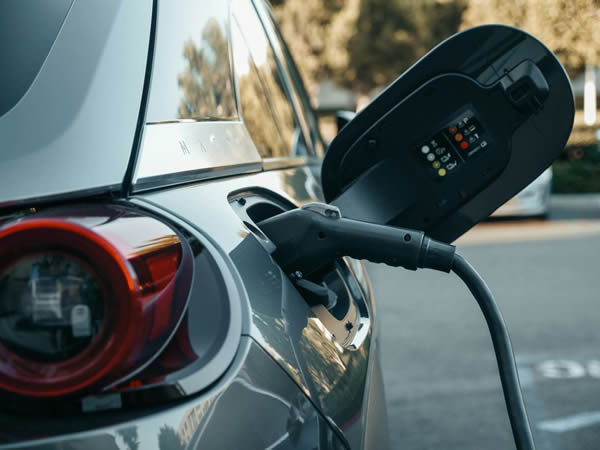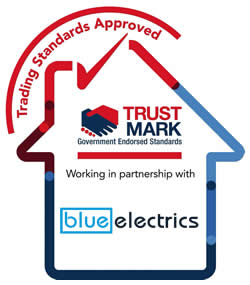When it comes to choosing an electric vehicle (EV) charger, the options can be overwhelming. This guide will help you understand the different types of chargers available and how to choose the right one for your needs.

These chargers are perfect for residential settings, providing a good balance between charging speed and power consumption.
Typically charges an EV in 6-8 hours, making it suitable for overnight charging.
Works with most EVs and is often sufficient for daily commuting needs.

Offers quicker charging times compared to 7kW chargers, usually within 4-5 hours.
Requires a three-phase power supply, which might not be available in all homes but is common in commercial settings.
Perfect for those who need a faster turnaround for their EV charging.

Charges an EV in about 2-3 hours, making it the fastest home charging option.
Often used in commercial settings or homes with heavy EV usage.
Like 11kW chargers, it requires a three-phase power supply.
Smart tariffs allow you to charge your EV during off-peak hours when electricity is cheaper, potentially saving you a significant amount on your electricity bill. Look for chargers that:

Can automatically schedule charging during off-peak times.

Allow you to control and monitor your charging remotely via a smartphone app.

Optimise energy usage to reduce costs and environmental impact.
For those with solar panels, integrating your EV charger with your solar power system can maximise the use of renewable energy and reduce reliance on the grid. Features to look for include:

Chargers that can synchronise with your solar panel system to use solar power directly.

Ability to work with home battery storage systems to store excess solar energy and use it for charging later.

Advanced monitoring to track solar energy production and consumption in real-time.

Choosing the right EV charger depends on your specific needs and circumstances. Whether you need a basic home charger, a fast commercial charger, or one that integrates with smart tariffs and solar panels, there are options available to suit every requirement. Consider your daily driving habits, energy sources, and future needs to make the best decision.
For personalised recommendations and installation services, we at Blue Electrics will carry out a technical site survey and discuss your specific needs with you. Our team of experts is dedicated to ensuring you get the most out of your investment by helping you choose the perfect EV charger and providing seamless installation services tailored to your requirements.

Our electricians are fully qualified and experienced, ensuring the highest standards of workmanship and safety.

As a South Wales-based company, we understand the specific needs and regulations of the area.

We pride ourselves on our exceptional customer service, providing transparent, honest advice and support from start to finish.

With years of experience in the industry, we have built a reputation for reliability and trustworthiness, making us the go-to choice for electrical services in South Wales.

Blue HQ
Brunel Way
Neath
SA11 2FP







